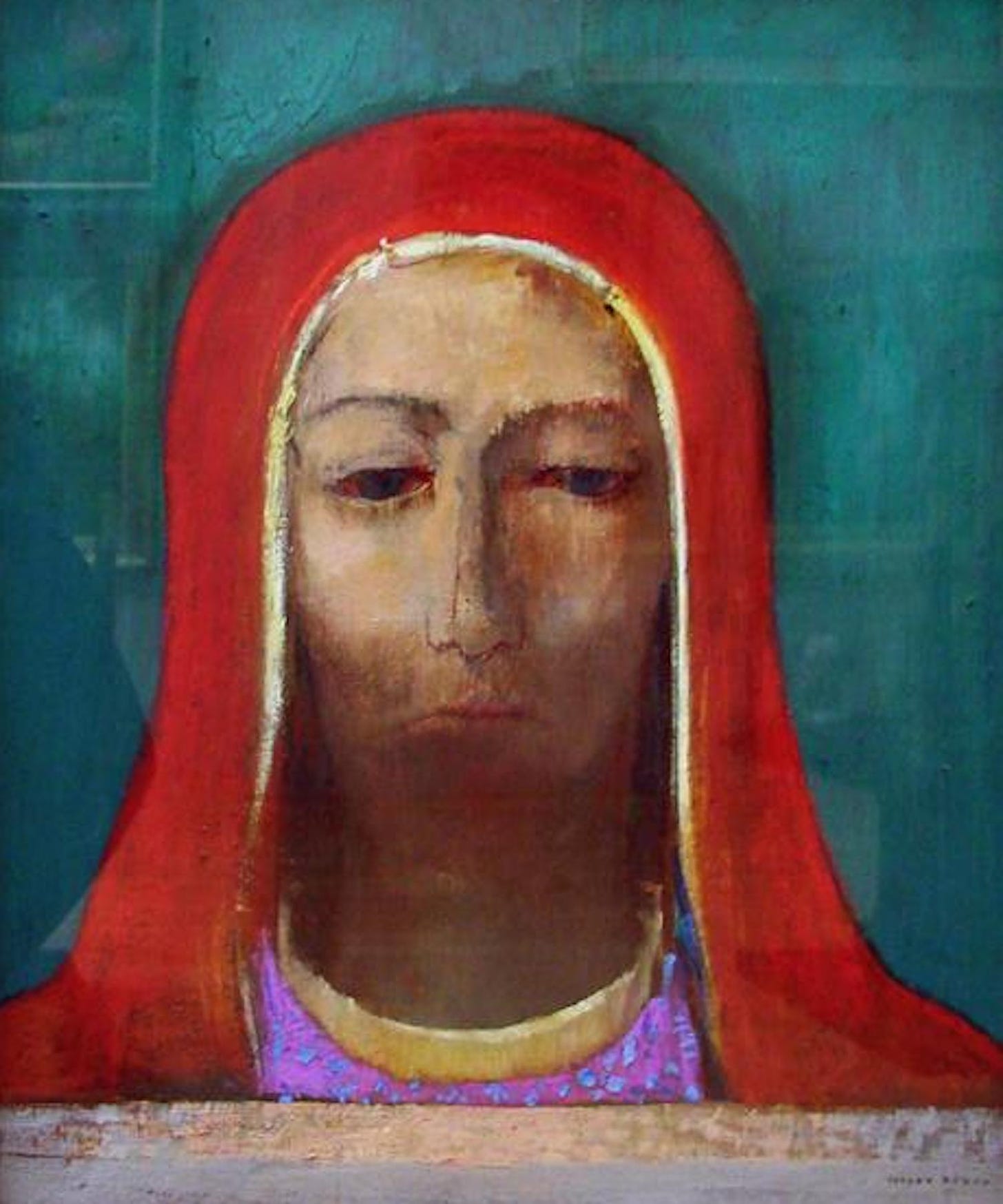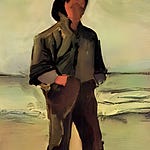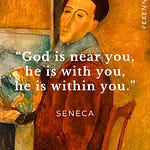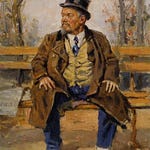Greetings Readers!
Welcome back to our new series — Essays on the Art of Living! Throughout this series, we are sharing audio productions of famous essays. Listen to Part I of our first essay — “The Will to Believe” by William James.
Consider becoming a paid member for full access to this series, Sundays with Seneca, The Wisdom of Art, and other benefits. If you cannot afford it, feel free to request a complimentary membership or use this discount link.
Who is William James?
William James was an original thinker in and between physiology, psychology, and philosophy. His twelve-hundred-page masterwork, The Principles of Psychology (1890), is a rich blend of physiology, psychology, philosophy, and personal reflection. It contains seeds of pragmatism and phenomenology and influenced generations of thinkers in Europe and America, including Edmund Husserl, Bertrand Russell, John Dewey, and Ludwig Wittgenstein. […]
James hints at his religious concerns in his earliest essays and in The Principles, but they become more explicit in The Will to Believe and Other Essays in Popular Philosophy (1897), Human Immortality: Two Supposed Objections to the Doctrine (1898), The Varieties of Religious Experience (1902) and A Pluralistic Universe (1909). […]
Source: https://plato.stanford.edu/entries/james/
“The Will to Believe” by William James
Here is Part II of "The Will to Believe," a lecture by William James (Listen to Part I), first published in 1896, defending, in some instances, the adoption of a belief without prior evidence of its truth. James is concerned in this lecture about defending the rationality of religious faith, even if it lacks sufficient evidence of spiritual truth.
James continues,
One more point, small but important, and our preliminaries are done. There are two ways of looking at our duty in the matter of opinion,—ways entirely different, and yet ways about whose difference the theory of knowledge seems hitherto to have shown very little concern. We must know the truth; and we must avoid error,—these are our first and great commandments as would-be knowers; but they are not two ways of stating an identical commandment, they are two separable laws. Although it may indeed happen that when we believe the truth A, we escape as an incidental consequence from believing the falsehood B, it hardly ever happens that by merely disbelieving B we necessarily believe A. We may in escaping B fall into believing other falsehoods, C or D, just as bad as B; or we may escape B by not believing anything at all, not even A.
Believe truth! Shun error!—these, we see, are two materially different laws; and by choosing between them, we may end by coloring differently our whole intellectual life. We may regard the chase for truth as paramount, and the avoidance of error as secondary; or we may, on the other hand, treat the avoidance of error as more imperative, and let truth take its chance.
Listen to this episode with a 7-day free trial
Subscribe to Perennial Meditations to listen to this post and get 7 days of free access to the full post archives.














